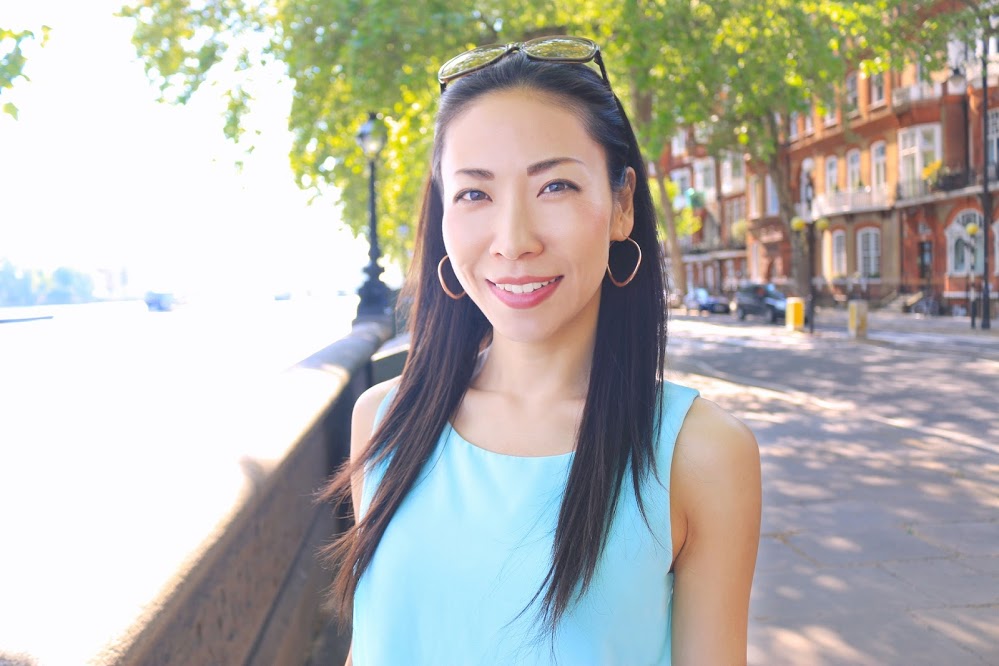Are you looking for an experienced Japanese translator? We can help, please get in touch!
Japanese Translator
Yuko Suzuki is a Japanese – English translator with over 15 years of international experience. Originally from Japan, she moved to the UK as a master’s student at Imperial College London and never returned to Japan! She has been based in London ever since. She has worked for many prestigious clients including BBC, Toyota, NHK (Japanese Broadcasting Corporation), Channel4, and Honda.
Having degrees from Imperial College and University of Kyoto, her understanding of both Japanese and Western cultures often help smooth out clients’ business communication, and her warm and friend character put people in ease only to leave advantages to her clients. You can read more about Yuko clicking the button below.
Translation Services
Translation
Yuko has worked predominantly in media and broadcast covering a wide range of topics from sports to science, from automobile to economics in the past decade. She can help you on a variety of projects. Yuko is a published author and has written for mainstream publications. So you can trust her Japanese!
We also have networks of talented translators. We can meet your deadline even when your project needs an immediate attention!
Free translation
Nowadays, hiring translator might feel a bit dull as the automated translation services have advanced so much. I agree! While computer-based Japanese-English translation a decade ago was in the unusable state, Google translate today is doing a decent, no, rather a great job in translation. It’s sometimes even better than inexperienced translators!
https://translate.google.co.uk/
Proofreading
However, some translational errors still occur in this great translation service as Japanese and English languages are so different. Well, weirdly, I realised Google makes the same mistakes as inexperienced translators. If you are concerned about the accuracy of Google translate, please get in touch. We can happily proofread it in a more competitive price than standard translation services.
Interpretation
While a translator reads and writes, an interpreter listens and speaks. Interpretation is an area where an automated translation service can’t beat a manpower. While the differences between two languages could be bridged by a computer, the differences in two cultures, especially business cultures, is often difficult to be overcome without a help of a person who understands the art of bilingual communication.
Yuko has a lot experiences of bridging those gaps with her anglicised outlook unlike translators based in Japan, you won’t be lost in translation in your most important meetings with the Japanese!
About Japanese Language
Japanese language is often said to be one of the most difficult languages in the world for English speakers to learn. I hear you, they are very different languages. Even as a Japanese native speaker, I find it easier to translator an English sentence to a French one!
Here is some few basic information about our language for you.
Three types of letters
In Japanese language, three types of letters, like letters of alphabets, are used: Hiragana, Katakana and Kanji. This is one of the reasons why Japanese comes across as an intimidating language. You can see the examples below.
- Hiragana: ひらがな
- Katakana: カタカナ
- Kanji: 漢字
There are 46 Hiragana letters and Katakana letters respectively. Kanji are letters imported from China. About 2000 letters of Kanji are used in standard Japanese. It sounds a lot when you compare this number to 26 letters of English alphabet.
About Japan
Japanese population
The current population of Japan is about 126 million, of which, about 9 million people live in Tokyo. It is reported that 66,000 Japanese people live in the UK and among them, 34,000 people live in London. I am one of them!
Japanese islands
Japan is a country that consists of many islands. Honshu is the biggest one as its name suggests meaning ‘the mainland.’ We have Hokkaido in the north, Shikoku and Kyushu in the south-west of the mainland, and Okinawa further down in south-west.

